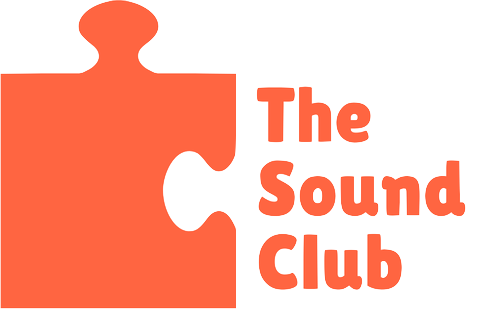Are you concerned your child is not reaching language milestones?
Research shows that early intervention is one way to reduce long-term impacts of language difficulties.
Expressive language refers to how your child uses words and combines them to make complete sentences.
Receptive language describes how a child can understand someone else, such as their ability to follow instructions.
We can support children in the early years, or school-aged children with their expressive and receptive language skills.
Language Intervention
We can support your child’s reading, writing and spelling skills.
Children begin developing foundational literacy skills in their preschool years. As they move into their early school years, these skills continue to grow as they learn to decode words, recognise spelling patterns, and develop reading fluency and comprehension.
When children experience difficulties in their literacy skills, this can largely impact their confidence in the school setting. We aim to foster a learning environment for your child where they feel they can ‘have a go’, without the pressure, and with more fun.
Literacy
Do you or your friends find it tricky to understand your child’s speech?
This can be typical, depending on your child’s age. For example, it is typical for your child to us the ‘w’ sound for the ‘r’ sound at 3 years old (they might say: ‘wing’ for ‘ring’).
However, sometimes children need some extra assistance to learn certain sounds.
We can screen your child’s speech skills in the first session, and let you know if we suggest some extra support.
Speech Sound Intervention
Stuttering
Stuttering is a speech disorder characterized by disruptions in the flow of speech, such as repeating sounds, syllables, or words, or prolonging sounds. The Sound Club can help children manage stuttering by using specialized techniques through programs such as The Lidcombe Program.
We also recognise the importance of building your child's confidence by addressing any emotional or social challenges related to stuttering. Through support, encouragement, and tailored strategies, a speech pathologist helps children communicate more effectively and feel more confident in their speech.
We use a range of social skills without realising each day. This may include ‘greeting’ others when we walk into a room, or engaging in a conversation using the ‘turn taking’ strategy.
Sometimes children may need some extra support to engage with their peers.
Here at The Sound Club we ensure a neuro-affirming approach is taken with every child. We recognise that the neurodivergent population see things differently and that is always okay.
Pragmatic Language (Social Skills)
Augmentative and Alternative Communication
Augmentative and Alternative Communication (AAC) refers to methods and tools that support communication for individuals with significant speech or language difficulties (e.g., Autism Spectrum Disorder). This can include communication boards, speech-generating devices, or key word sign.
We can assess your child's specific needs, evaluate their communication abilities, and recommend the most suitable AAC system. We can help implement AAC by providing training to both your child and their caregivers, ensuring your child can use the system effectively in everyday interactions.
This personalised approach helps children express themselves, improve social participation, and enhance overall communication skills.






